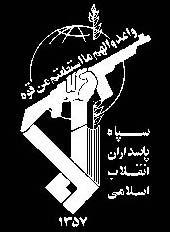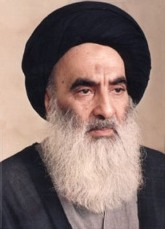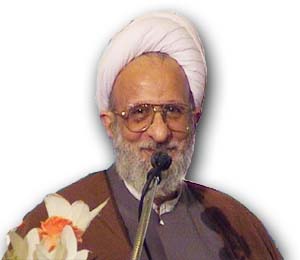Coming to Terms with Iran's Nuclear Programme
Iran has no interest in developing nuclear weapons and less still of using them
Michel Rocard, the former prime minister of France, leader of the Socialist Party and member of the European Parliament writing in Haaretz contemplating military action on Iran, states:
"First, resorting to force is simply not realistic. A nuclear strike would have incalculable consequences, and the Muslim world would in this case stand together. Nor is a conventional attack possible, as Israel has no common border with Iran and most of the American army is tied up in Afghanistan and Iraq."He further opines:
"The only possible framework for negotiations is the Nuclear Non-Proliferation Treaty (NPT), concluded in 1968. Iran was one of the first countries to sign and it cooperated with the International Atomic Energy Agency (IAEA) for more than 30 years - a relationship that deteriorated only in the last three years. But the current climate of mutual wariness between Iran and the self-proclaimed triad of Germany, Great Britain and France (with sporadic U.S. support) is not propitious to effective negotiations.The solution to the current nuclear dispute is remarkably simple: the United States, Great Britain, France and Germany need to put aside their Zionist foreign policy agendas and look at the situation logically: Iran has no interest in developing nuclear weapons and less still of using them. Iran does however have a legitimate need and desire to produce its own nuclear energy. Thus the U.S. and the European troika could end this crisis, which is entirely manufactured, by simpling accepting Iran's nuclear energy programme. To do so would no doubt involve some loss of face, however there is no appetite in the United States or Europe for a war with Iran, therefore any deal that ends the crisis and averts this possibility would be widely welcomed as a victory for diplomacy.
The West's aim, announced by the U.S. and adhered to by the triad, is to force Iran to give up uranium enrichment. Yet the NPT is clear: Any signatory that gives up nuclear weapons and accepts the IAEA's absolute and unconditional control is entitled to produce electric energy from civil nuclear sources, and to receive technical and financial support from the international community, if necessary. Iran's oil resources are not infinite and it wants to have complete control over the civil nuclear field - a basic right as an NPT signatory.
I cannot see how a negotiation aimed at getting Iran to unilaterally renounce a right recognized for all NPT signatories simply in order to build confidence in the West could be successful. Uranium enrichment is certainly the first condition for making bombs, but the level of enrichment must reach about 95 percent, compared to the 3.5 percent needed for energy production."







